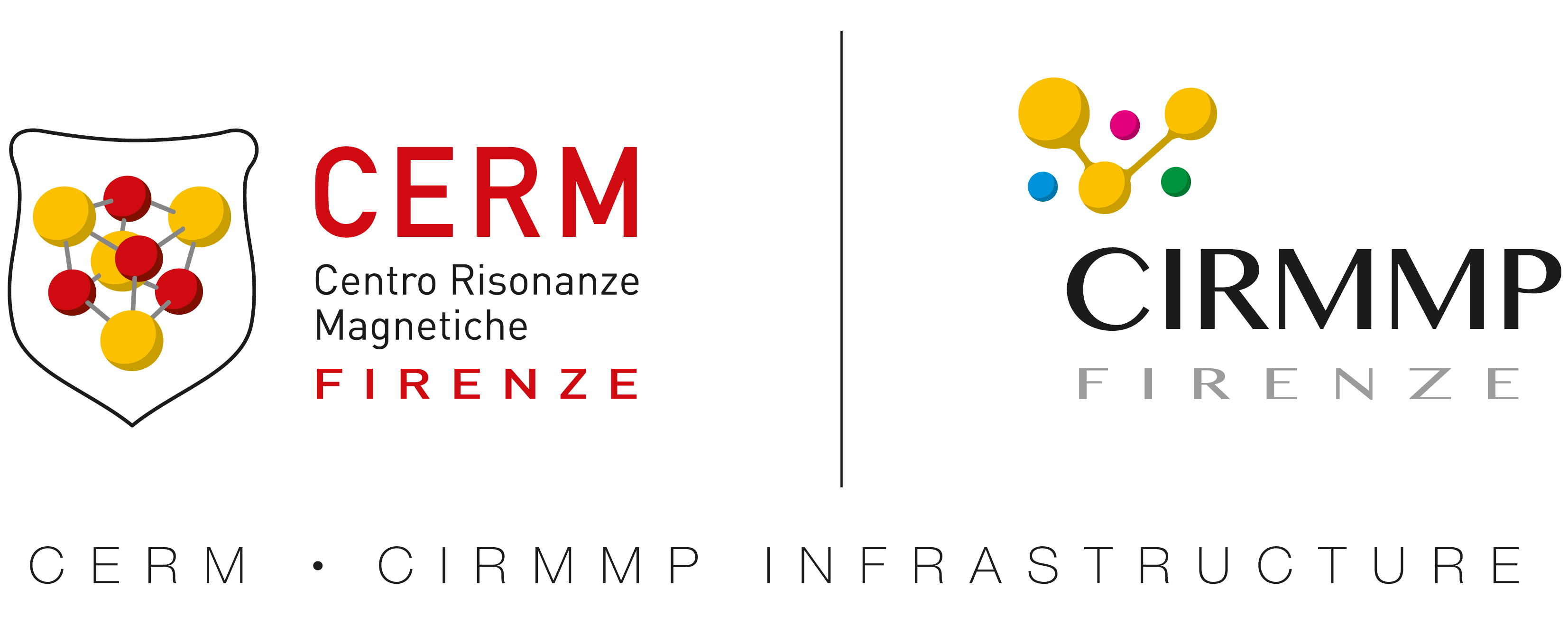Development of dedicated flow cells for 800 MHz and 600 MHz cryoprobes to measure small amounts of samples or samples of low concentrations
Contract N. HPRI-CT-2001-50026
Start date of contract: 1.11.2001
End date of contract: 31.10.2004
RTD Project Title: Flow-cell cryoprobes
Name of Coordinator: Prof. Ivano Bertini
Partnership Summary
1 CONSORZIO INTERUNIVERSITARIO RISONANZE MAGNETICHE DI METALLOPROTEINE PARAMAGNETICHE
2 UTRECHT UNIVERSITY
3 JOHANN WOLFGANG GOETHE UNIVERSITAET FRANKFURT
4 BRUKER ANALYTIK GMBH
Summary
The three European Research Infrastructures for Bio molecular NMR and the European Leading Company in the manufactory of NMR spectrometers decided to synergise their efforts to improve the quality of access to their infrastructures. The aim of the present project is to develop flow cells that can be compatible with, and usable in, existing and future cryoprobes. It is intended to provide such flow cells with an active volume of 200 microliters for the existing 5mm cryoprobes at 600MHz and for prospective 800MHz cryoprobe. The ultimate goal is the development of an ultra small flow cell designed to operate with 800MHz cryoprobes with an active volume as small as 50 microliters.
The achievement of these major deliverables should open new application avenues with particular interest for the fields of:
a) screening methods;
b) characterization of natural products available in low quantities;
c) high sensitivity method to monitor purification steps of biological samples;
d) hyphenated methods in combinatorial chemistry.
This is expected to improve not only the quality but also the quantity of access; indeed new potential users of the Facilities will be attracted by the applications of this project deliverables.
Scientific and technical performance
Summary of Workpackages and tasks foreseen for the first year.
WP1. Flow cells. This WP deals with the study and design features of the new flow-cell, the construction of 200 ml flow cell prototypes for 600 and 800 MHz cryoprobes and with their final assembly within a 600 and a 800 MHz cryoprobes. Tasks of this WP1 for the first year are:
-Survey of possible designs. Survey of possible solutions for 200 ml flow-cells adaptable to existing cryo probes (600 and 800 MHz) with their proper constraints.
-Design of 200 ul flow-cell. This will include diagrams, schemes, evaluation of various material and evaluation of flux behaviour.
WP1. Comparative studies. This task is additional to the original Project Program and it has been decided during the kick-off Meting that was held in Frankfurt on November 2001. Minutes of the kick-off Meeting are enclosed as Annex I. This WP is planned to last from month 1 to month 12 and it contains a single tasks:
-Comparison of flow-cell technology with sample changer strategy and other existing alternatives.
WP2. Test samples. This WP concerns with the design, preparation and characterization of various sets of samples to be used in the phases of testing and assessing prototype probe features. Different partners are involved in this WP and they will develop differentiated samples according to the various possible applications outlined in earlier stage of the proposal. Tasks for this WP for the first year are:
-Sample design. Different types of sample to create a suitable developed library of compounds will be used to assess prototype probe features in NMR screening and drug survey
-Samples preparation. Preparation of the different compounds designed. This includes cloning, expression and purification of biological samples potential target for NMR screening and drug survey.
WP3. Software development. Implementations and innovations of the up-to-date software for NMR will be a requirement to allow a better exploitation of prototype flow cryoprobes. This will involve pulse sequences as well as other software programs. Specific tasks of this WP are:
-Pulse sequence design. Design of pulse sequences for high sensitivity and for high throughput scenario
-Pulse sequence development. Creation of a library of pulse sequence specifically developed for high sensitivity probes
-Other software development. Development of software for fully automated processing including denoising and evaluation of structure-target recognition relationship by NMR.
